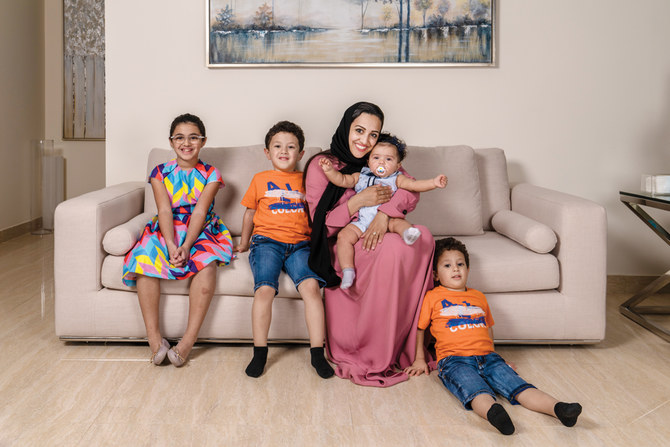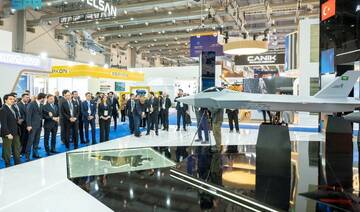Life is not a race to see who achieves more. It is a marathon in which you try to outpace and outgrow the version of yourself from yesterday. Every single day.
When I was a young girl growing up in Saudi Arabia, my parents cultivated in me a strong passion for science, technology and constant learning. My father, a Harvard-trained nuclear physicist, would share with me the latest articles from scientific journals and explain to us over our daily family dinner the latest scientific discoveries from around the world. My mother would spend hours with us each day going over schoolwork and encouraging us to read books from outside our curriculum — proving to me that learning is not something that is tied to degrees or institutions, it is a lifelong mindset.
Upon graduating from high school I earned ninth place in the national academic standings. I went on to earn a Bachelor of Science degree from Northeastern University, double-majoring in computer science and mathematics. I was class summa cum laude, the highest honor in a US academic institution. During my four years of study, I completed a co-op at Microsoft Corporation’s headquarters and worked on two research projects, one of which won the university’s Best Undergraduate Research award.
I got married during my late teens and gave birth to our first child, Leen, soon after I graduated. Motherhood was, and still is, my biggest challenge. Although I took a year and a half off to take care of my daughter, I still felt she deserved more of my time and attention; concurrently, I felt the need to develop and invest in myself. This led me to apply to Massachusetts Institute of Technology, where I was accepted by the computational science master’s program.
I moved to the US and was a single mother during the two years I spent at MIT, while my husband supported us from Saudi Arabia. The motherly feeling of guilt continued and I discovered later that more than 60 percent of working mothers feel the same. In fact, woman should be encouraged to work, as research shows that the children of working moms have higher chances of success in their professional lives.
I was blessed with three other kids after Leen. Each of them came at a different stage in my career. Salman, my second-eldest, was born soon after I graduated from MIT and before I started work for management consulting firm McKinsey. A consulting career and two toddlers to take care of left me with no free time at all. Frankly, what I learned in the year and half I spent there was more than I had learned during many years previously.
When my husband was relocated by his employer to Mountain View, California, it gave me an opportunity to develop my consulting skills in the Silicon Valley ecosystem, so I joined Medallia, a unicorn technology company that builds customer experience solutions for some of the world’s top brands, including Apple, IBM, Adidas and Four Seasons. I gave birth to my third child, Badr, during this time.
As Saudi Arabia began to embark on a journey of massive transformation, my husband and I felt the urge to be part of that change and so we decided to return to the Kingdom.
As soon as we got back, we realized there was an abundance of opportunities. I noticed a clear gap in the market for the supply for high-quality art and culture programs, so I took matters into my own hands and organized Saudi Arabia’s first international classical-music event. We used the proceedings from that to fund a scholarship program in one of the top five music schools in Europe for 20 Saudi musicians. That was the kind of change I wanted to be part of.
I was then approached to join Misk Foundation to do similar things across a number of sectors for many more young people. The goal is to build the next generation of leaders, innovators and creators in our beloved country. We have trained more than 30,000 youths as part of our program, and I have come to believe that we have extremely talented and ambitious young people who are passionate about realizing the Saudi Vision 2030. They merely need to be guided and exposed to opportunities so that they can transform their passions into action. •


















